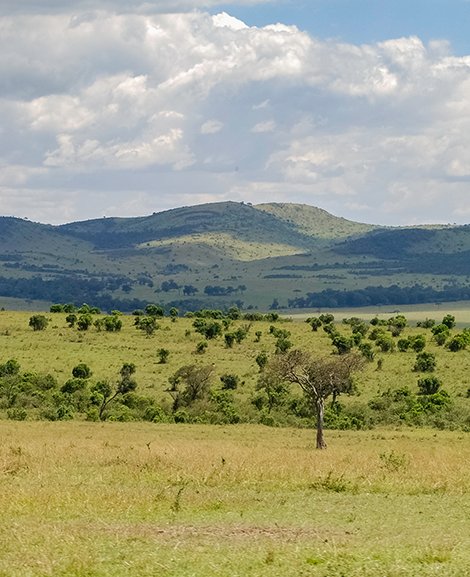Why are we running this project?
A large number of countries have already made a public commitment to achieving climate-neutrality by the middle of the century, requiring significant policy reform and action during the ongoing “Decade of Action”. In order to achieve their net zero targets, each and every country needs to establish their own mix of policies and instruments across relevant sectors. Emissions from agriculture, food, and land use now account for around a quarter of all annual global greenhouse gas emissions. Alongside the phase-out of fossil fuels, the land sector therefore has a key role to play in tackling the climate crisis. Yet national climate change strategies in this area often still fall short of self-imposed targets. The Food and Land Use Coalition (FOLU) is a global coalition of organizations dedicated to support countries in their efforts to transform their food and land use systems. The FELD Action Tracker is a strategic FOLU initiative to map and evaluate existing national policies and measures relating to land use and food around the globe. The goal of the Tracker is both to analyze countries’ contributions to climate change, biodiversity, and development goals, as well as to identify particularly strong policy approaches, before making these accessible to decision-makers and practitioners in other countries. As part of the initiative, the FELD catalyst will facilitate knowledge transfer, joint learning and exchange between community policies and countries facing similar challenges.
What are our goals?
The FELD (Food, Environment, Land, and Development) Catalyst aims to design and implement ambitious policies adapted to the local environment to improve sustainability across food systems and land use in targeted countries of the Global South. The goal is to narrow the gap between reality and the targets set out in the Paris Climate Agreement, all while ensuring key contributions to rural development, biodiversity conservation, and food security.
The FELD Catalyst aims to:
1. raise public awareness regarding the need to transform food systems and land use,
2. strengthen national and in particular local policy and dialogue processes,
3. facilitate policy learning through the creation of new stakeholder networks, and
4. empower the sharing of knowledge and experiences between countries and regions.
How does the project work?
The FELD Catalyst targets national and subnational policy makers, public sector managers, and local practitioners. This is because they know the specific context best and should be closely involved in policy processes from the outset. While, broadly speaking, this is considered “good policy practice”, in many places it is not reflected in actual national processes. In a first stage, mappings will be created for a number of countries in the Global South in order to identify key actors and use them to uncover missing links, challenges, and opportunities in the implementation of existing policies and the introduction of new ones, a process supported by the country specific FOLU networks. In addition, the FELD Catalyst team will support local actors in:
1. optimizing data collection on food and land use systems,
2. identifying, prioritizing, and implementing policies, and
3. compiling best practices.
By supporting existing platforms and actors, and by providing focused inputs to policy dialogue and the search for local solutions the two-year project hopes to strengthen local expertise, the relevance of scientific evidence, and lessons from international experience by strengthening solution-oriented dialogue between policy actors and practitioners. Here, the focus is on reciprocal policy learning while ensuring fair processes for participation and international knowledge transfer.
Who organizes and supports the project?
The project is led by Cecil Haverkamp who is directing the FELD Action Tracker team and serves as Co-Director of SDSN’s Food/Land Use Team.


